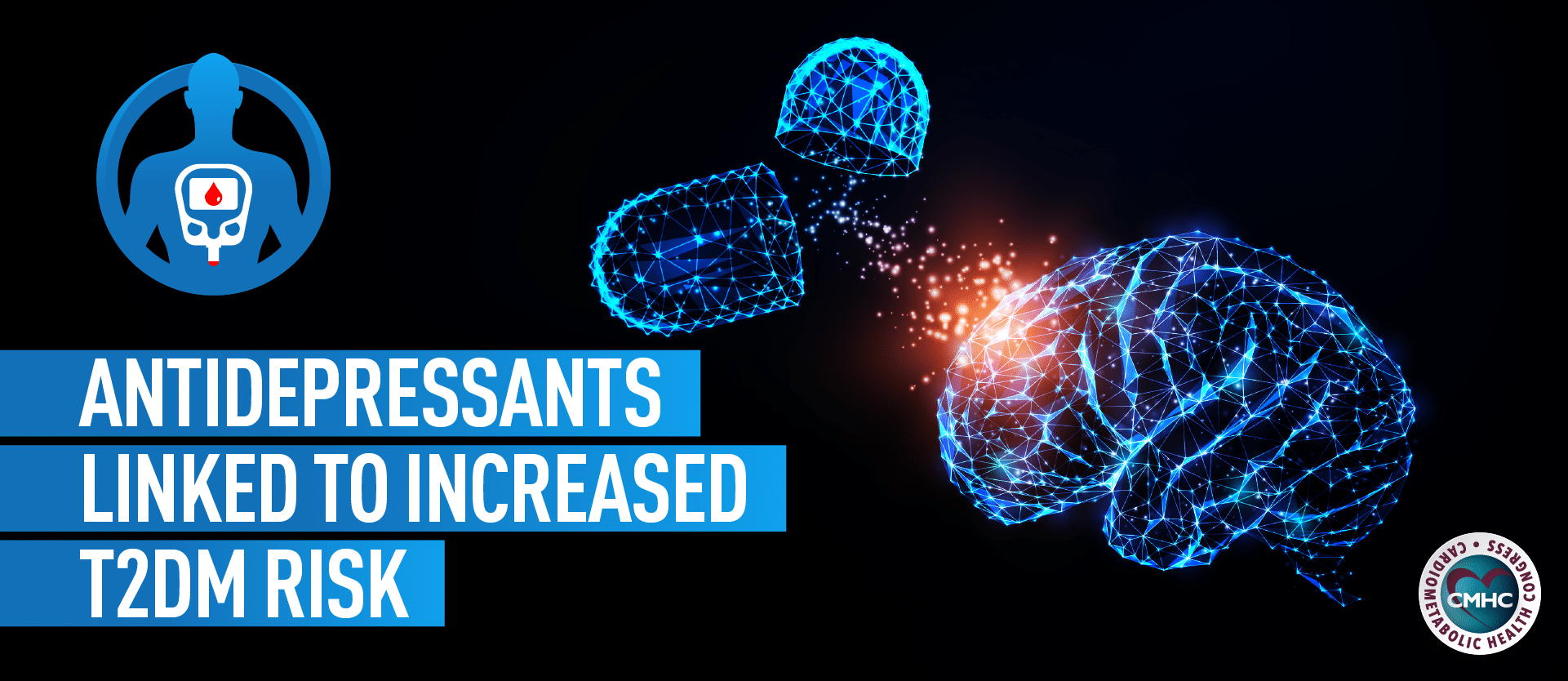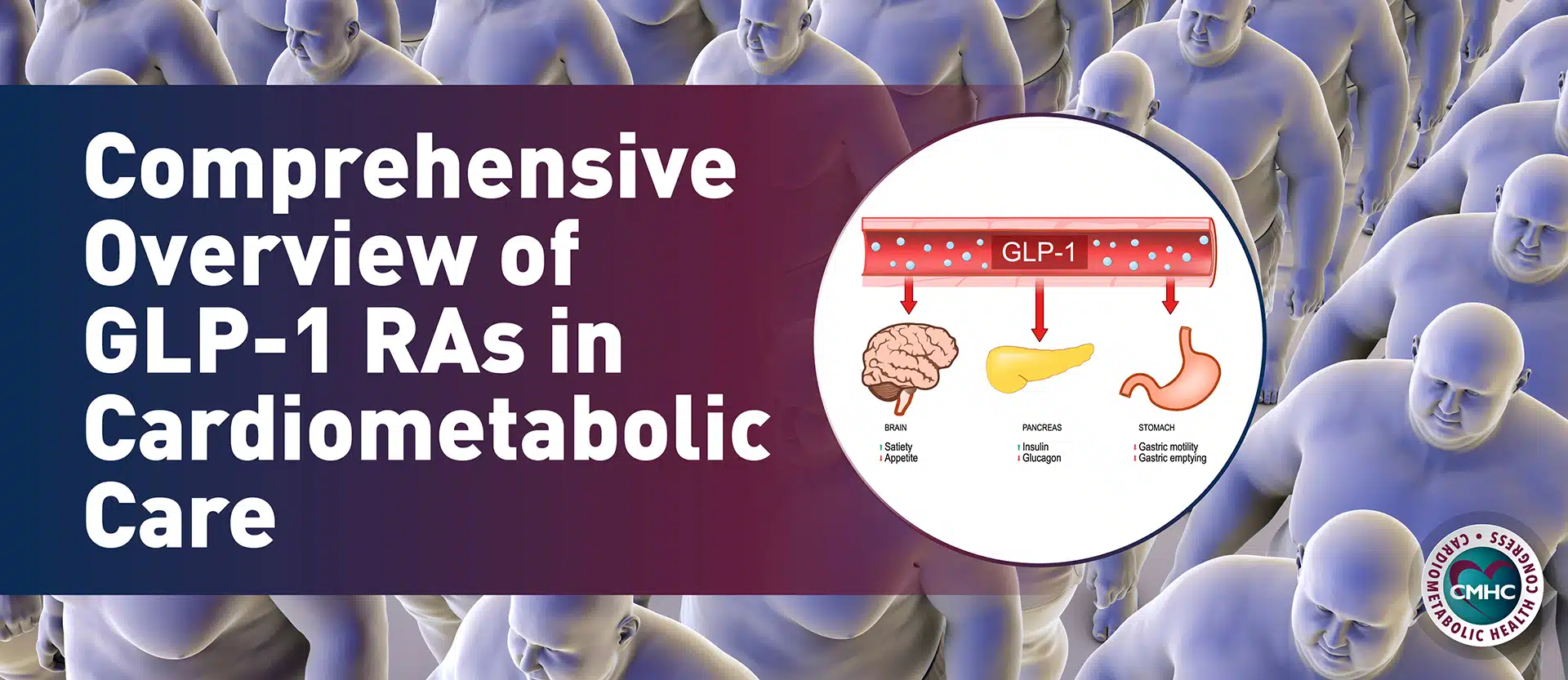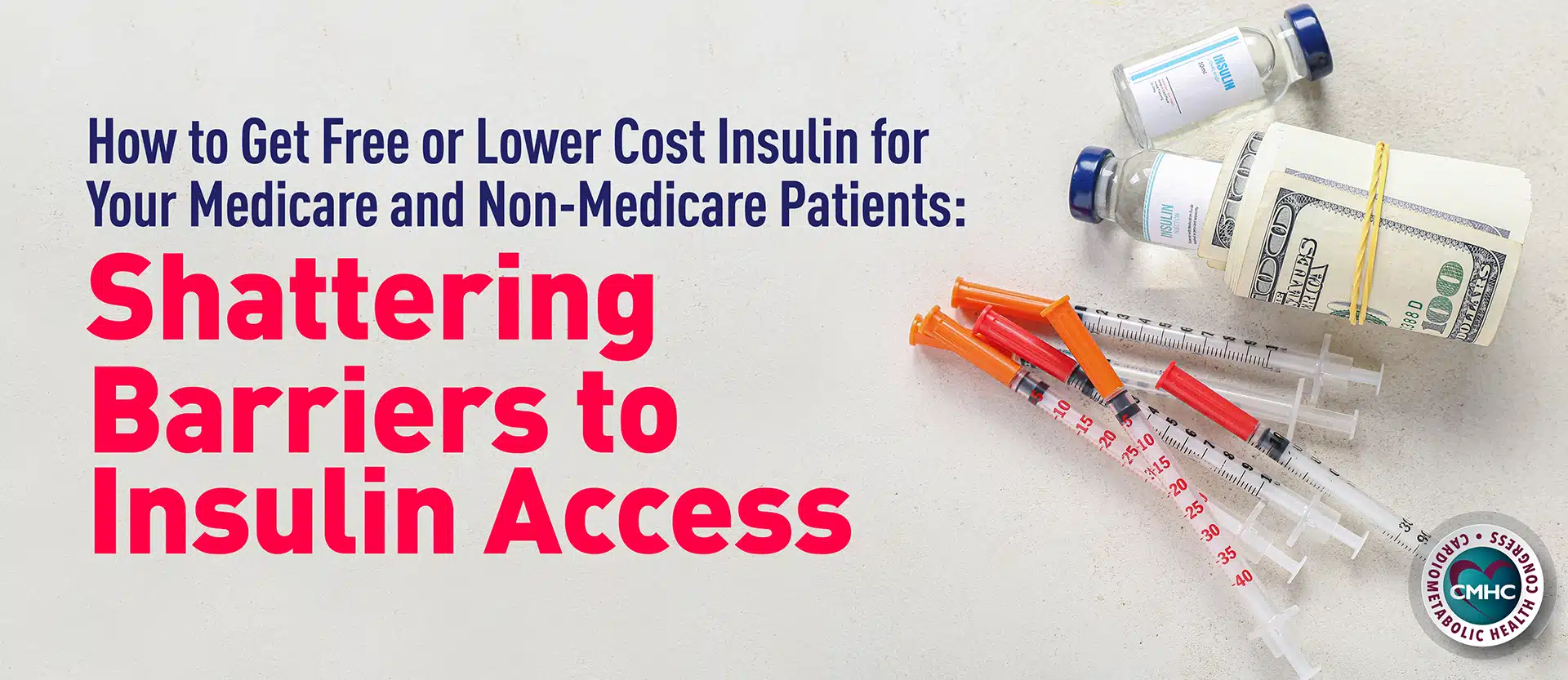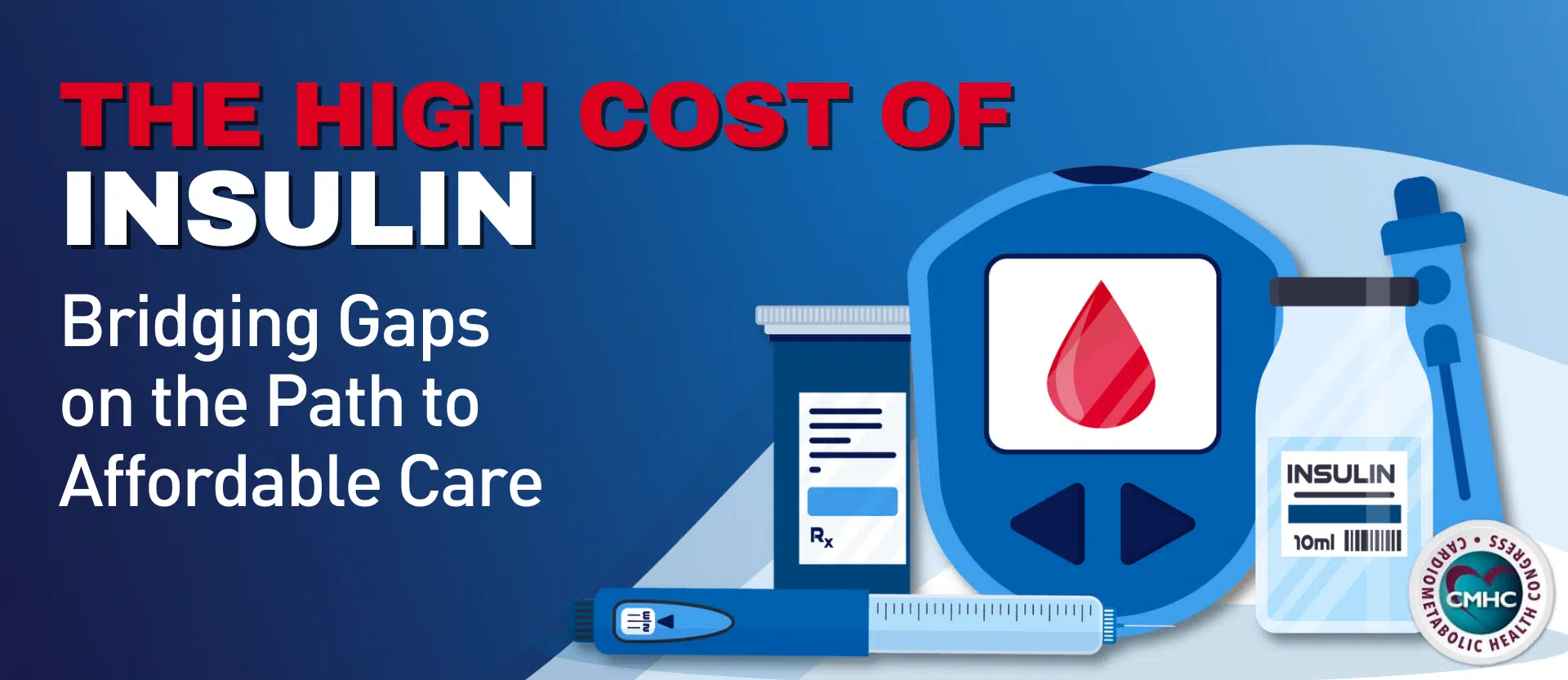In the United States, the number of patients taking antidepressant medications, many of them for extended periods of time, has been increasing steadily in recent years. Data from the National Center for Health Statistics indicates that approximately one-quarter of individuals taking antidepressants has been using them for over a decade, however, there have been few studies evaluating the long-term effects of antidepressant use to date.
Recent research from Akita University’s Graduate School of Medicine in Akita, Japan aims to assess the implications of long-term antidepressant use on cardiometabolic health. The latest findings were published in Diabetes Care and reveal that Japanese adults who are prescribed antidepressant medications may be at a greater risk of type 2 diabetes mellitus (T2DM) than their counterparts. Evidence was also found that high HbA1c levels can be mitigated by reducing medication dosage or discontinuing use altogether.
“Long-term antidepressant use might increase the risk of type 2 diabetes mellitus in a time- and dose-dependent manner,” Kazuo Mishima, MD, PhD, of the department of neuropsychiatry at Akita University Graduate School of Medicine in Akita, Japan, and colleagues wrote. “Discontinuation of antidepressant therapy and reduction of the antidepressant dose after type 2 diabetes mellitus onset improved glucose tolerance.”
Association Between Antidepressant Use and Type 2 Diabetes Mellitus
Led by Dr. Kazuo Mishima, a team of researchers investigated the associations between the risk of new-onset type 2 diabetes mellitus and the duration of antidepressant use and the antidepressant dose, as well as the connection between antidepressant use after diabetes onset and subsequent clinical outcomes.
Dr. Mishima and colleagues assessed the risk for type 2 diabetes development among over 45,000 insured adult residents in Japan who used antidepressants alongside a propensity-score matched cohort of over 45,000 similar adults who did not use antidepressants. Antidepressant prescriptions and type 2 diabetes diagnoses were identified via medical records collected between 2005 and 2016; researchers ascertained dosage measures using amitriptyline equivalents per month. Changes in HbA1c levels were examined in cohorts with continuous use, discontinuation, and reduction in dosages.
Prior to propensity score matching, 50,770 participants used antidepressants, and 1,950 of those developed type 2 diabetes. The pre-matching cohort not taking antidepressants was comprised of 708,657 participants of whom 3,275 developed type 2 diabetes during the study period.
Long-Term Antidepressant Use Linked to T2DM
Of the total 90,530 participants included in the study, 45,265 individuals were in both the exposure and non-exposure group after propensity score matching. Dr. Mishima and colleagues reported a total of 5,225 patients – or 5.8% – had developed type 2 diabetes at the end of the study.
Antidepressant use was associated with the risk of diabetes onset in a time- and dose-dependent manner. The matching groups revealed that type 2 diabetes risk was greater for participants who took at least 182.9 amitriptyline equivalents per month doses (or higher) for a minimum of 25 months (or long term), as compared with patients who were not prescribed antidepressants.
Similarly, the risk of T2DM development was higher for participants who took between 91.4 and 182.8 amitriptyline equivalents of medication per month; a moderate dose for between 12 and 24 months or for an intermediate-term; as well as for those who took fewer than 91.4 amitriptyline equivalents per month, or a low dose, for fewer than 12 months.
Researchers also found that type 2 diabetes risk was increased for participants who took a moderate or high dose of antidepressant medication for a short term; a low or high dose for an intermediate-term; as well as a low or moderate dose for a long term. The adjusted hazard ratio was 1.27 for short-term low-dose and 3.95 for long-term high-dose antidepressant use.
HbA1c levels were lower in patients who discontinued the medication or reduced its dose, the research team reported. In participants who used antidepressants and subsequently developed diabetes, HbA1c returned to normal for 97.5% of those who discontinued the drugs and for 94% of those who lowered their dosage by 50%.
Further research is needed to determine which classes of antidepressant medications are associated with increased diabetes risk and to assess whether there are differences in vulnerability to antidepressant-induced diabetes among patient populations. Although, the study’s findings implicate that reducing the dose or discontinuing the use of antidepressants within 1 year of T2DM onset may alleviate impaired glucose tolerance, which strongly suggests a causal relationship between the medication and diabetes onset.
“To control medical costs, diabetes onset due to antidepressants should be considered when patients with a high risk of diabetes are offered treatment with antidepressants,” the research team concluded. In addition, HbA1c levels should be regularly monitored in patients taking antidepressants to inform prescription decisions and to reduce or discontinue medication use if possible when impaired glucose tolerance manifests. The study adds to a growing body of research on the potential negative implications of long-term antidepressant administration and may inform future recommendations on their use in at-risk patients.


















